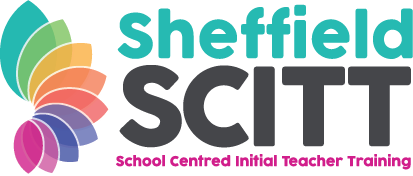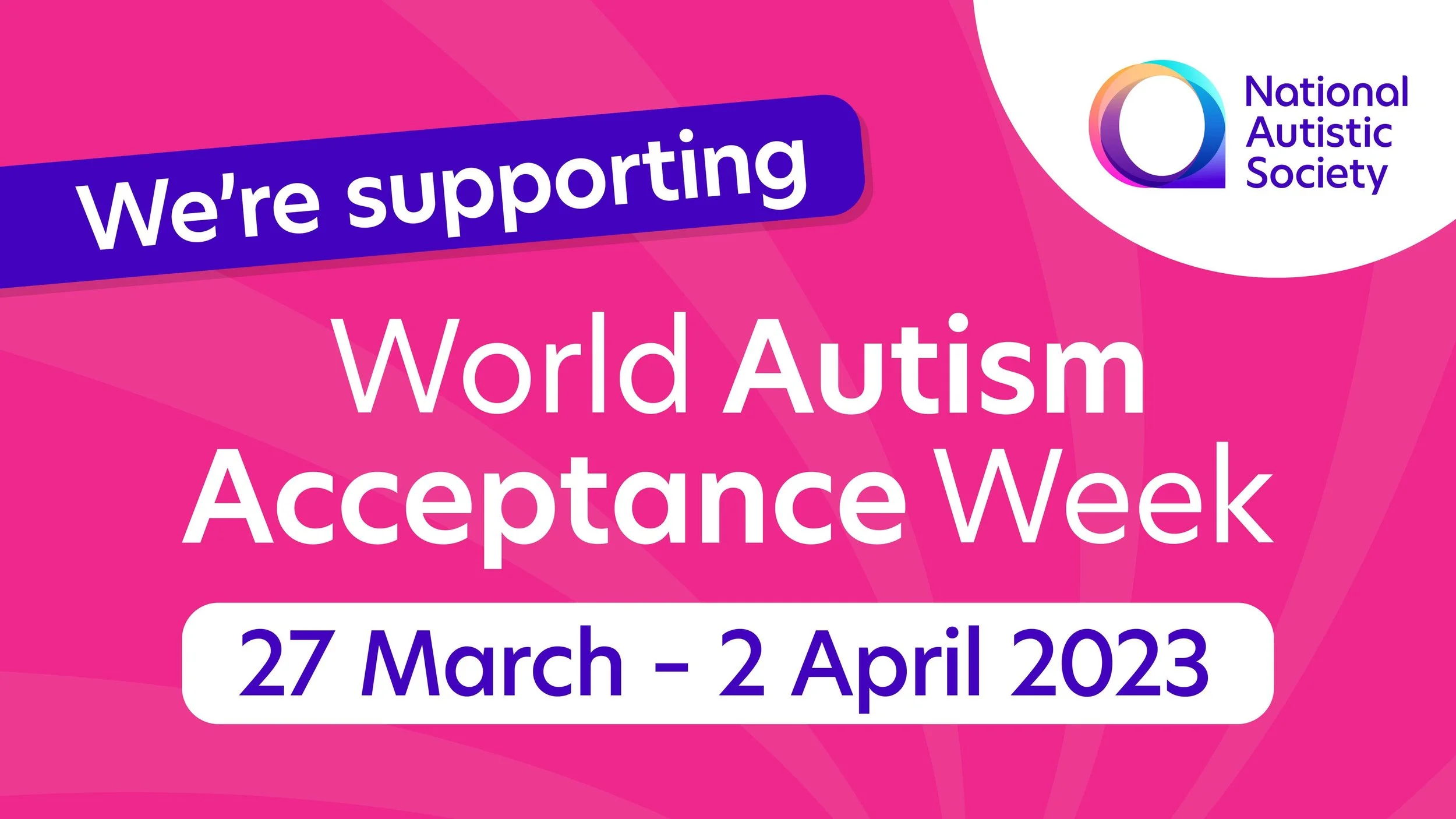Autism Awareness Week
Sheffield SCITT support World Autism Acceptance Week
27th March - 2nd April
#WAAW
Sheffield SCITT and our partnership teacher training schools across South Yorkshire are supporting World Autism Acceptance Week. It is a great opportunity to promote awareness, understanding and acceptance to help build a society that works for autistic people.
The exclusion rate for pupils with special educational or additional support needs, including students with autism, is higher than those students without special needs.
Below we outline some of the steps and offer resources for teachers to help children with autism overcome some of the barriers they face in the education system.
Creating strategies to reduce anxiety
Reducing a pupil’s level of anxiety in a lesson can help them to increase their willingness to engage in the class. It is important to work out the underlying causes of behaviours and establish techniques and systems to help an autistic pupil to successfully navigate through their school day. It might be that teachers will avoid certain actions or make reasonable adjustments. It is important to not judge or create stigma around certain behaviours displayed by autistic pupils.
Helping the pupil to acknowledge and identify their own changes in behaviour or rising anxiety levels is key. There are many techniques that can be employed to help an autistic pupil with this, here are some.
Establishing a quiet and safe place an autistic pupil can retreat to. The quiet place is to allow them to self regulate and escape from an environment that is causing them stress and anxiety.
Establishing routines and making sure students are familiar with school routines. A change of teacher or classroom will impact on the pupils set routine and be a potential source of anxiety. Some practical steps in advance are helpful, these include:
-Arranging a 1-1 ‘meet and greet’ with a new teacher.
-Planning a visit to a new school or classroom in advance. This should
ideally take place when there are no other students around.
-Introducing the pupil to a ‘buddy’ from their peer group
-In an Early Years and Primary setting, these routines can be outlined with a visual calendar.
Routines need to be consistently applied by all staff in school.
Quality of instruction. Open ended instructions are often a source of anxiety for autistic pupils. It is important to establish key boundaries with any instruction. For example, if you want the pupil to concentrate in a lesson it is best to set a time frame for this to take place within.
Social stories and comic strip conversations (autism.org.uk) “they are short descriptions of a particular situation, event or activity, which include specific information about what to expect in that situation and why” they can be used to help remind pupils when they are dysregulated. These are bespoke and prompt the pupil to self regulate.
Creating good relationships
Building a network of meaningful and accepting relationships with everyone who works with the autistic pupil. Including the autistic pupil, parents or caregivers (who are most likely to be the experts in strategies that work best for the pupil), involvement from other schools, for example, the feeder schools and involving health and social care agencies.
Reasonable Adjustment
Under the Equality Act 2010 (and Disability Discrimination Act 1995 in Northern Ireland), schools have a duty to make reasonable adjustments for disabled pupils. School have to make positive adjustments to make school inclusive for autistic pupils. Every autistic pupil will present differently and as such, require a bespoke tailored package of adjustments for behaviours which are caused by autism. Treating each students as individuals is vital to ensuring the correct adjustments are put in place.
Whole school Autism training
All staff that are student facing in a school setting need to undertake autism training. This includes support staff such as lunchtime supervisors who are on duty during the unstructured parts of the school day. Staff need to be proactive in spotting signs or triggers that could lead to explosive behaviour.
Overall, schools must celebrate differences and be accepting of everyone’s behaviours and characteristic. This ethos will create an environment that benefits all students and staff.
Self Regulation Of Emotions In Autism: 5 Ways To Help! - Autism Little Learners
Raising Peer Awareness During World Autism Acceptance Week (autismeducationtrust.org.uk)
Our secondary teacher training lead school Notre Dame High School, in Sheffield is part of the ‘Autism in Schools’ project. The Autism in Schools Project aims to improve the school experience for autistic children and young people in mainstream secondary schools. Welcoming parents of children and young people with any additional needs. The next meeting for this school will be onMonday 24th January at 11am.
For more details email: annamarie.emmett@sheffieldparentcarerforum.org.uk






